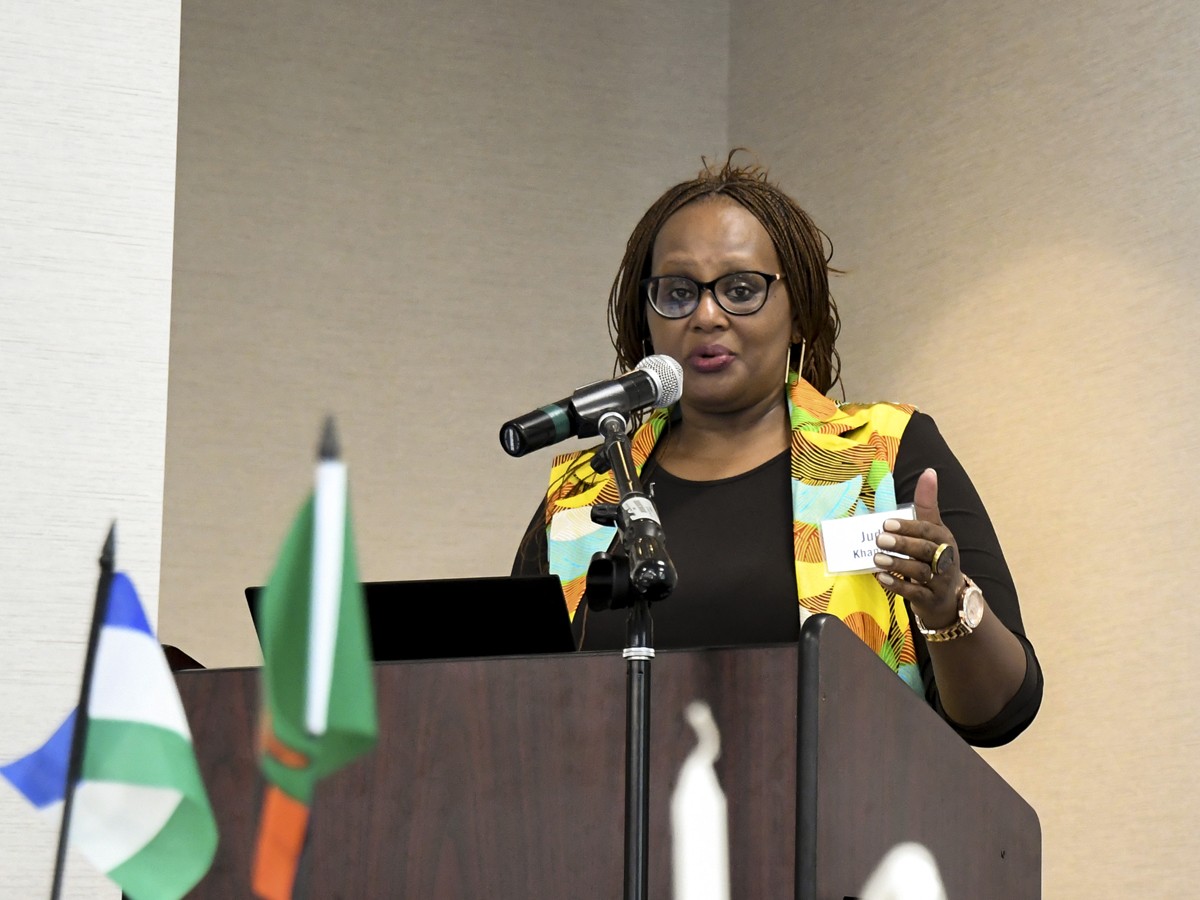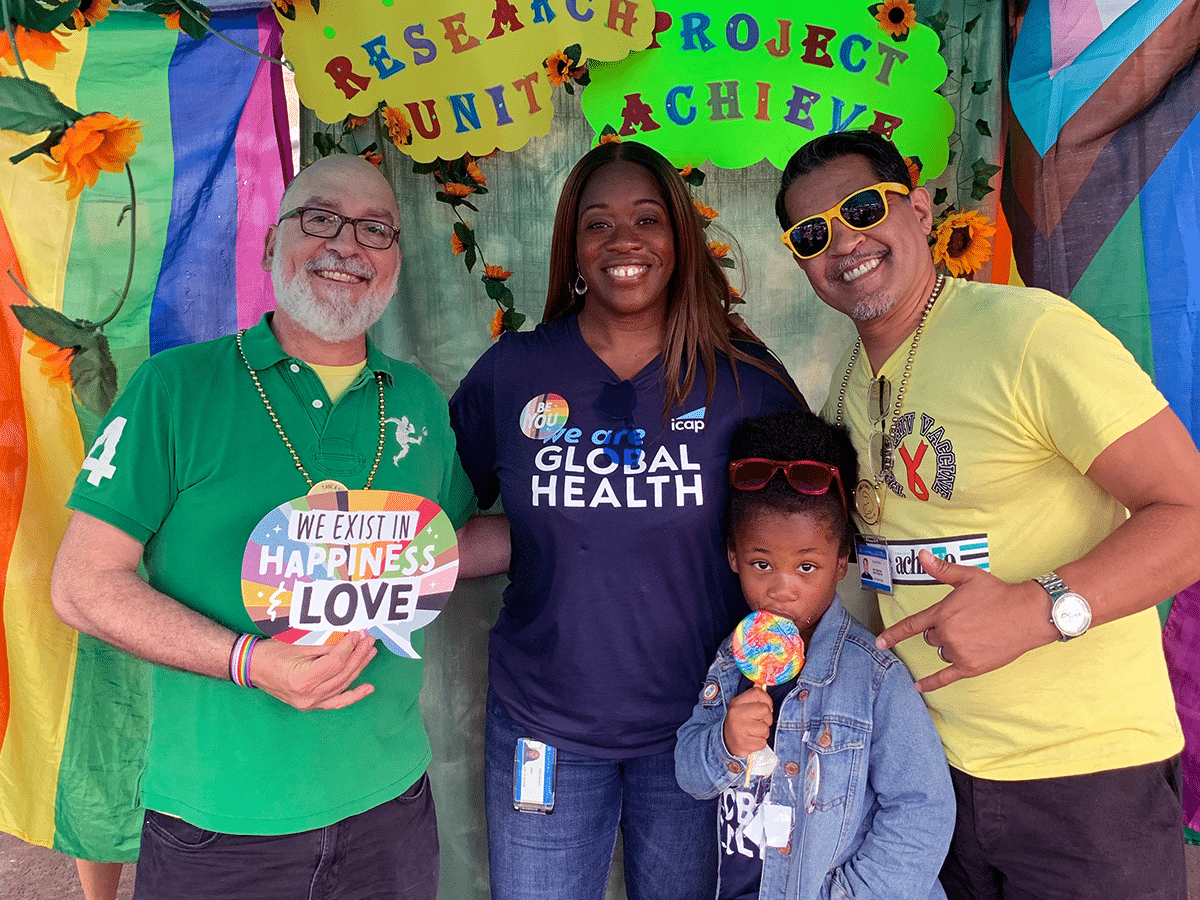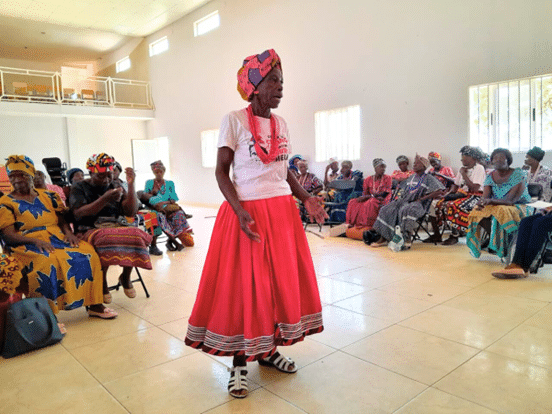Judy Khanyola, MSc, is ICAP’s Regional Nursing Advisor, based in Kenya. She was recently appointed as the Africa representative for NursingNow, a three-year global campaign to raise the profile and status of nurses worldwide.
Here, Ms. Khanyola talks about what drew her to nursing as a profession and how nurses can make an even bigger impact on global health through speaking up and becoming leaders on policy and programming.
Why is nursing important to ICAP, and what is your role as ICAP’s Regional Nursing Advisor?
ICAP is recognized as a global leader in HIV care and treatment, health systems strengthening, and the implementation of innovative health solutions. Nurses play a critical part in all of this, and without them, much of the gains achieved in the fight against HIV would not have been made.
In addition, with the advent of chronic, non-communicable diseases, the resurgence of previously contained diseases like TB, and the emergence of new diseases like Ebola, health care can only be successful if we focus on the patient and not just the diagnosis. Nurses do especially well in this area.
As ICAP’s Regional Nursing Advisor, I provide technical support to all nursing programs, projects, and interventions. My work focuses on the African continent, where I have expertise and experience.
I continue to be proud of ICAP’s successful implementation of the eight-year, HRSA-funded Global Nurse Capacity Building Program (GNCBP), which ended in 2018 and revolutionized nursing in East, Central and Southern Africa. Currently, we are active in South Africa with an innovative peer learning and support program for nursing students, and with the Resilient and Responsive Health Systems (RRHS) project in Sierra Leone and DRC, further demonstrating ICAP’s nursing expertise and expanding nursing innovation to West Africa.
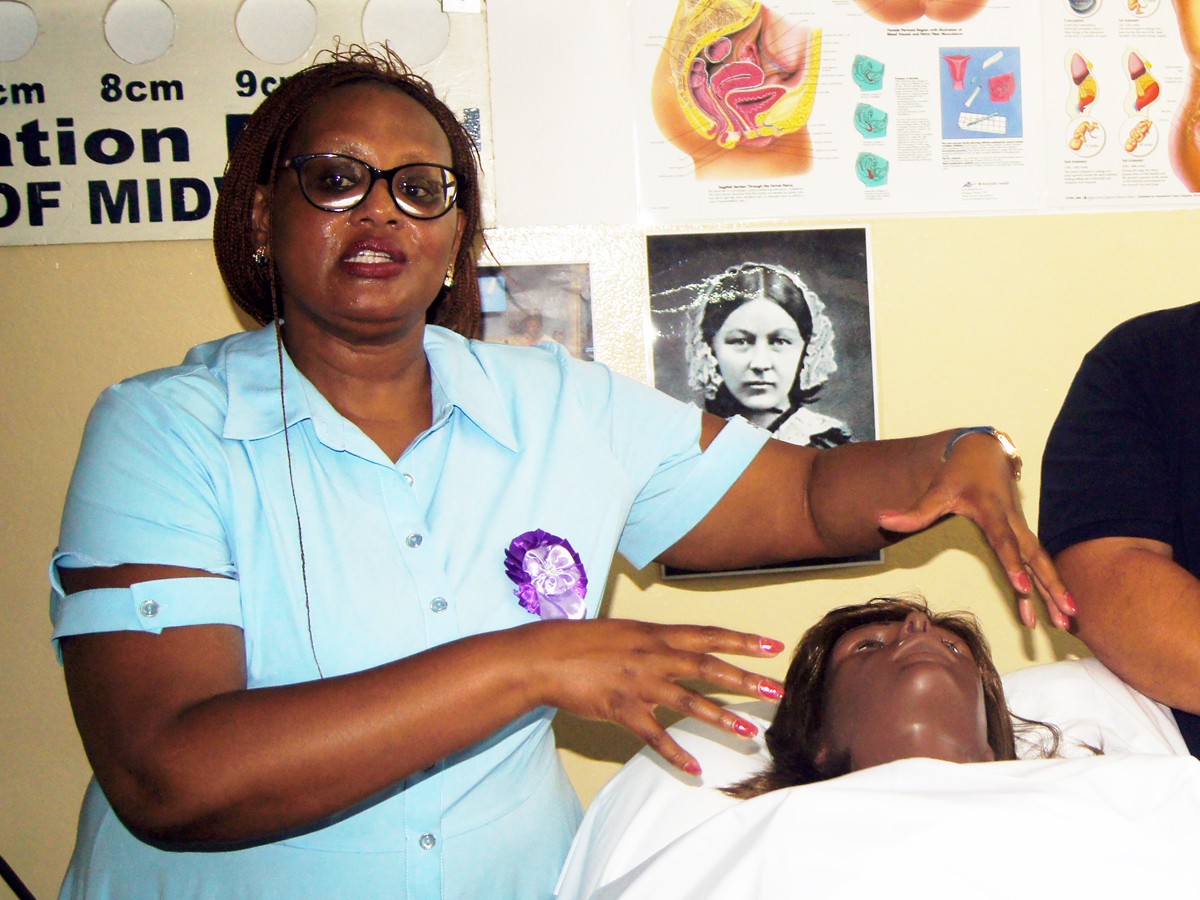
What drew you to nursing as a profession?
I was drawn to the combination of caregiving and scientific rigor that nursing as a profession has. You need to have compassion and tenderness, and at the same time razor-sharp knowledge and skills. I like the adrenaline rush of saving patients’ lives, and the empathy, sympathy, love, and compassion that you have to give to another human being who is not your friend or family.
I started out as a critical care/renal nurse, and then moved to Uganda at the height of their HIV epidemic. The sheer volume of patients was more than doctors could manage, I started a nurse-led clinic and demonstrated through my tenacity and expertise that nurses could manage HIV patients and that patient care need not be siloed.
I came to work for ICAP because nursing is often relegated to the back burner, but not in ICAP’s view—I really liked ICAP’s attention to and support for nursing.
What keeps you going? Who or what inspires you?
I am inspired by the rapid improvements in the medical field and the giant strides made that save lives (drugs, treatment modalities, medical inventions), but even more by the commitment that I see in my colleagues in nursing and other health professions all over the world who work so hard and give of themselves so tirelessly to comfort, care for, and ultimately save a life.
How do you see nurses making a difference in health care and health policy, both in Kenya and internationally?
Nurses can make a difference in health care and health policy by speaking up and being leaders wherever they are. They should take it upon themselves to develop their leadership skills as well as continuously grow in their profession. In Kenya, the director of nursing services has made great strides since taking up the position, and I see this now in many countries in Africa: South Africa, Zambia, Malawi, Sierra Leone, Botswana.
How does NursingNow advance the goals of nurses and nursing, and how does this align with national and global goals in health and development?
NursingNow is a global campaign that is raising the profile and status of nurses worldwide with the triple aim of improving health, empowering women, and strengthening local economies. This aligns with the global Sustainable Development Goals and Universal Health Coverage as promoted by the World Health Organization.
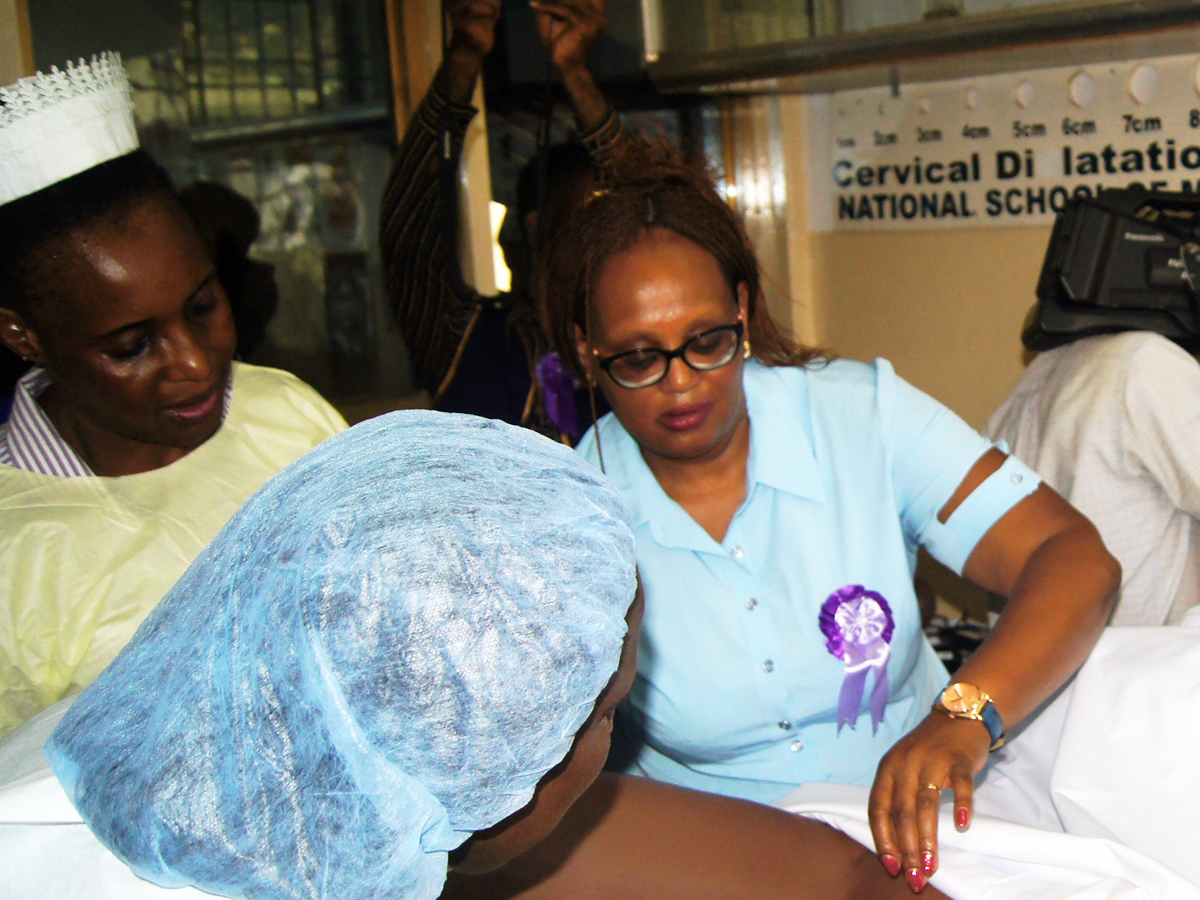
What does it mean to be the NursingNow representative for Africa?
It means I speak up for the nurses of Africa and work to showcase their tremendous unsung achievements! I love nursing and am very excited to be Africa’s NursingNow representative. Through this campaign, I will give a voice to and for nurses.
Why is it important that ICAP support NursingNow, and how can we mutually support each other?
ICAP’s support of NursingNow demonstrates its commitment to providing healthcare worldwide because nurses are the largest health workforce, provide frontline, often the only healthcare that majority of people will receive, especially in rural and remote areas. The Nursing Now campaign is working to highlight the status of nurses worldwide, thereby improving the care that populations receive.
What are the biggest opportunities in the next five years, for NursingNow or for nursing in general?
The NursingNow campaign ends next year in 2020, which will be the 200th birthday of Florence Nightingale, the founder of modern nursing. The biggest opportunity will be the focus that the campaign will put on nurses in this new millennium, and the progress, challenges, and successes that nursing has made, faced, and achieved. Nurses are the backbone of health care and we cannot have a sustainable, vibrant, evolving planet Earth without them.
Human Resources for Health (HRH) is one of ICAP’s key focus areas. Click here to learn more about ICAP’s work building and supporting the global nursing workforce.
A global health leader since 2003, ICAP was founded at Columbia University with one overarching goal: to improve the health of families and communities. Together with its partners—ministries of health, large multilaterals, health care providers, and patients—ICAP strives for a world where health is available to all. To date, ICAP has addressed major public health challenges and the needs of local health systems through 6,000 sites across 30 countries. For more information about ICAP, visit: icap.columbia.edu


